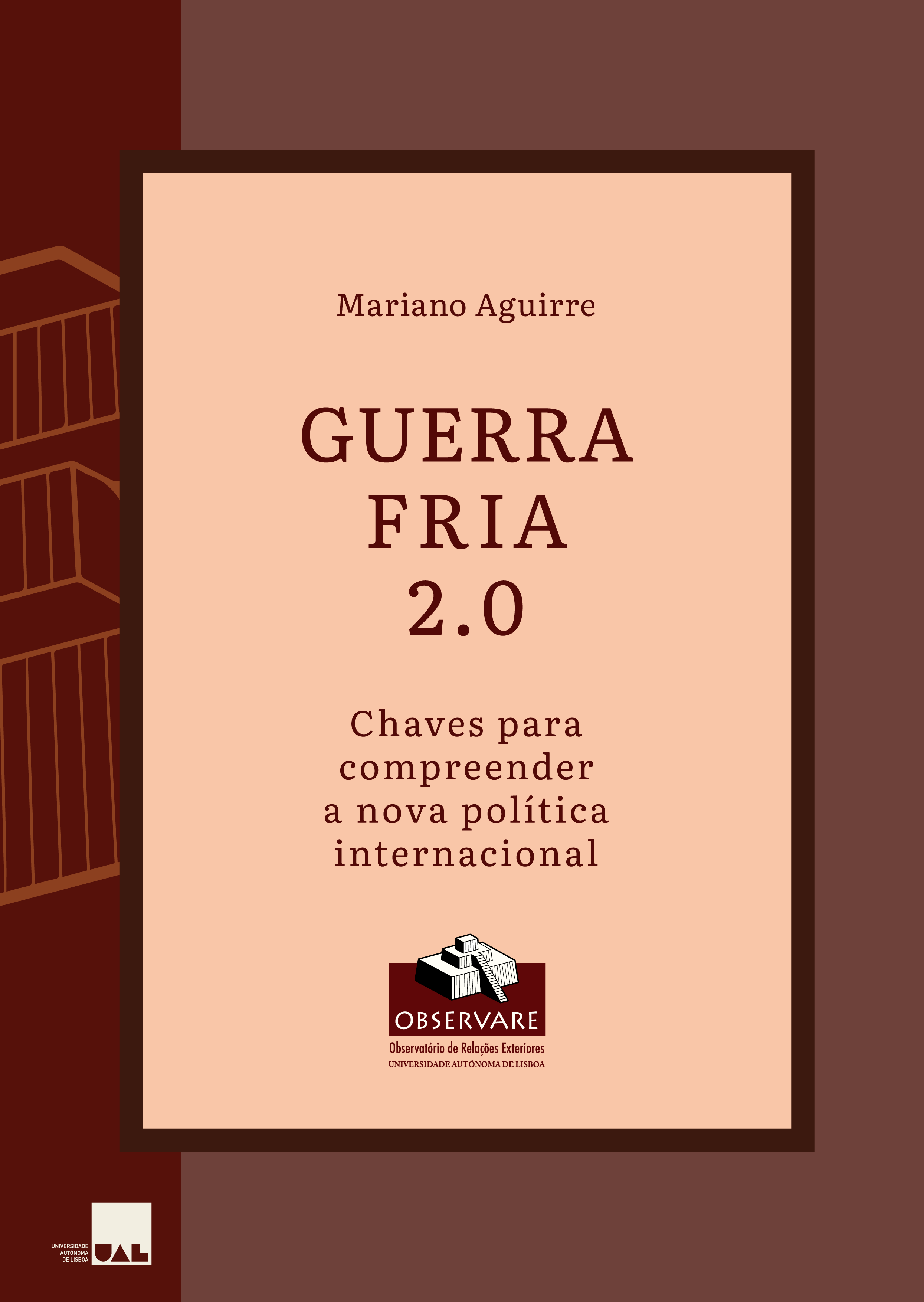Cold War 2.0 presents the complex and dangerous tensions of today’s world, especially between the great powers and between emerging countries, in the context of a global climate crisis, threats to democracy and profound inequalities. Starting with the war in Ukraine, the struggle between the United States and China, the competition for chips essential for advanced technology and the role of India and Turkey in changing the balance of power in the international system, the book establishes the differences with the previous Cold War, describes the continuities and identifies the trends. Mariano Aguirre discusses the differences between the first and current Cold Wars; the characteristics and trends of the major powers with nuclear weapons (the United States, China and Russia) and the European Union, and their relations; the situation of the countries of the South, both the states affected by wars, repression and climate change, and the intermediate regional powers (some with nuclear weapons); the crisis of democracy and multilateralism, the rise of authoritarian nationalist populism and inequality. The book also contains a critique of the dominant conception of security based on the balance of power and national interest to the detriment of the common interest and the foreseeable future of the international system.
Mariano Aguirre
Guerra Fria 2.0: Chaves para compreender a nova política internacional
Lisboa: Universidade Autónoma de Lisboa - Autónoma Edições e OBSERVARE, 2023



